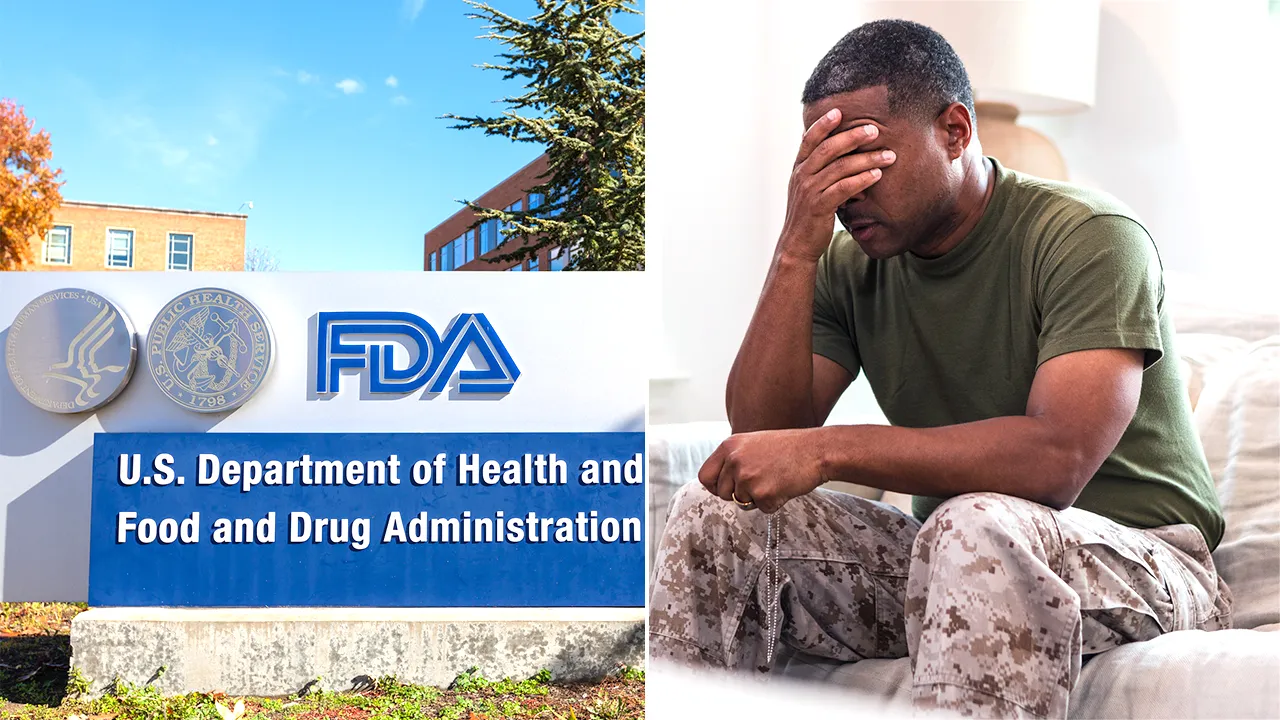FDA's Rejection of MDMA: Implications for Mental Health Treatment

FDA's Rejection of MDMA
The U.S. Food and Drug Administration announced on Friday that it will not approve MDMA as a treatment for post-traumatic stress disorder (PTSD). This decision has sparked disappointment among veterans and mental health advocates who have long advocated for its approval.
Implications of the Decision
- The FDA's rejection signifies a setback for research into psychedelic therapies.
- Advocates argue that MDMA could significantly improve mental health outcomes for veterans.
- The decision may hinder progress toward innovative treatment options for mental health disorders.
Conclusion
While the FDA’s announcement reflects caution regarding psychedelic-based therapies, advocates remain hopeful for future research and reconsideration of MDMA's potential benefits. The dialogue surrounding its use in treating PTSD remains crucial for patients seeking effective solutions.
This article was prepared using information from open sources in accordance with the principles of Ethical Policy. The editorial team is not responsible for absolute accuracy, as it relies on data from the sources referenced.